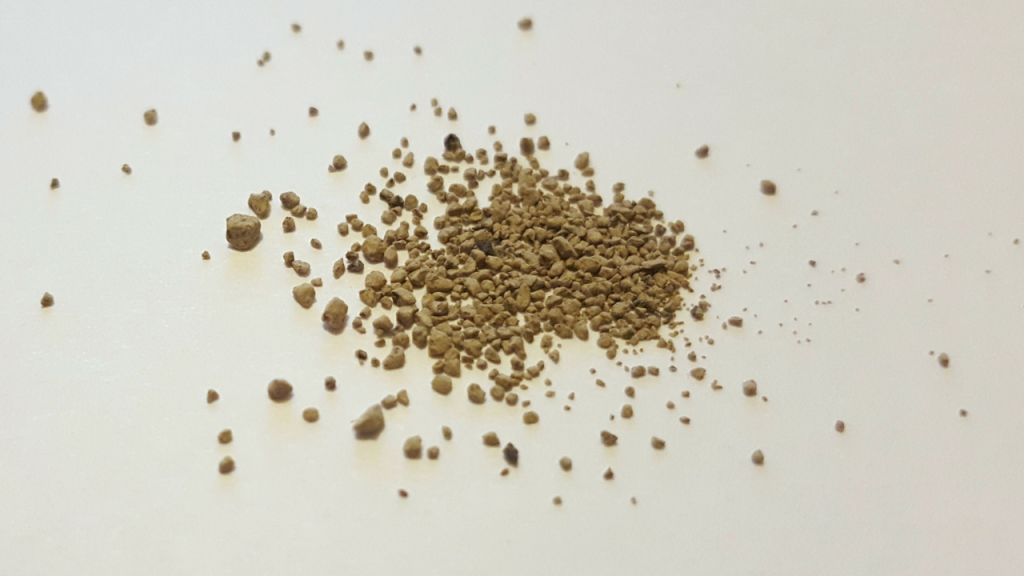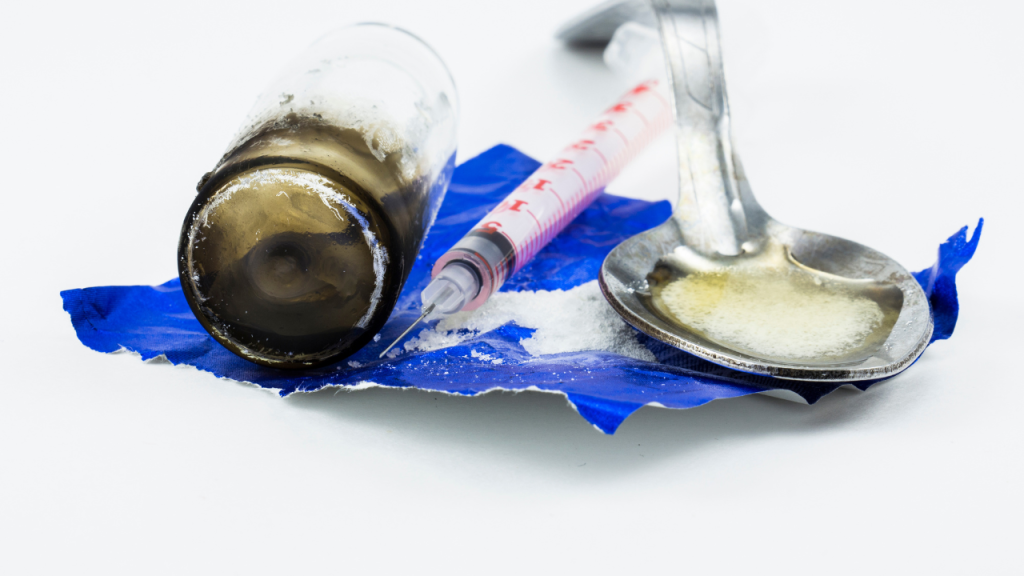Heroin addiction is a devastating disease that wreaks havoc on the lives of individuals and their families. The powerful opioid drug rapidly alters brain chemistry, leading to intense cravings and a compulsive need to use despite negative consequences. As the opioid epidemic continues to ravage communities across the United States, many people find themselves trapped in the vicious cycle of heroin addiction, wondering if recovery is even possible. The answer is yes – with the right treatment, support, and dedication, a heroin addict can recover and reclaim their life.
The Risks of Heroin Use
Heroin use carries a multitude of risks that extend far beyond the immediate high. Injecting the drug puts users at risk for contracting infectious diseases like HIV and hepatitis C through shared needles. Chronic heroin use can lead to collapsed veins, abscesses, and damage to vital organs. The drug also takes a heavy toll on mental health, often exacerbating underlying issues like depression and anxiety.

Perhaps the most frightening risk of heroin use today is the increasing prevalence of fentanyl, a synthetic opioid 50-100 times more potent than morphine. Drug dealers often cut heroin with fentanyl to increase profits, unbeknownst to the user. This deadly combination has caused a surge in overdose deaths in recent years. Even a small amount of fentanyl can be fatal, putting heroin users at an extremely high risk every time they use.
Long-Term Effects of Heroin Addiction
Beyond the immediate risks, long-term heroin use can have devastating effects on an individual’s physical and mental health. Chronic use can lead to liver and kidney disease, as well as damage to the heart and lungs. The drug’s impact on the brain can result in cognitive impairments, affecting memory, decision-making, and impulse control.
Heroin addiction often leads to a complete deterioration of an individual’s personal and professional life. Relationships with family and friends become strained as the addiction takes priority over everything else. Many heroin addicts find themselves in financial ruin, having spent all their money on the drug or having lost their job due to their addiction.
The Potential for Recovery
While the grip of heroin addiction is powerful, recovery is possible with comprehensive treatment that addresses the physical, psychological, and social aspects of the disease. The first step is typically medically-supervised detox to safely manage withdrawal symptoms. This is followed by inpatient or outpatient rehabilitation, where individuals receive counseling, behavioral therapies, and learn coping skills to maintain sobriety.
Medication-assisted treatment (MAT) has shown great success in treating heroin addiction. Medications like methadone, buprenorphine, and naltrexone help reduce cravings and withdrawal symptoms, allowing individuals to focus on their recovery. Combined with therapy and support groups, MAT provides a whole-patient approach to overcoming addiction.
The Importance of a Strong Support System
One of the most crucial components of successful heroin addiction recovery is a strong support system. This includes family, friends, and peers in recovery who provide encouragement, accountability, and understanding. Support groups like Narcotics Anonymous (NA) offer a safe space for individuals to share their experiences, learn from others, and build a sober network.
Family involvement in the recovery process can make a significant difference in an individual’s success. Family therapy helps address the impact of addiction on the entire family unit and teaches loved ones how to best support the person in recovery. Rebuilding trust and communication within the family is essential for long-term recovery.
Maintaining Recovery
Recovery from heroin addiction is a lifelong journey that requires ongoing commitment and support. Building a strong sober network, attending support group meetings, and engaging in healthy activities are crucial for maintaining sobriety. Many people find that continuing therapy or counseling helps them work through the underlying issues that contributed to their addiction in the first place.
Relapse is a common part of the recovery process, but it doesn’t mean failure. It’s important for individuals to have a solid relapse prevention plan in place and to reach out for help immediately if they do slip up. With the right support and resources, it’s possible to get back on track and continue moving forward in recovery.
Addressing Co-Occurring Disorders
Many individuals struggling with heroin addiction also face co-occurring mental health disorders such as depression, anxiety, or post-traumatic stress disorder (PTSD). Addressing these underlying issues is crucial for successful long-term recovery. Dual diagnosis treatment programs provide comprehensive care that tackles both the addiction and the mental health disorder simultaneously.
By treating co-occurring disorders, individuals are better equipped to manage their mental health symptoms without turning to heroin or other substances as a coping mechanism. Integrated treatment plans that combine medication, therapy, and support groups provide the best chance for lasting recovery.
How JourneyPure At The River Can Help With A Heroin Addiction
At JourneyPure At The River, we understand the unique challenges of overcoming heroin addiction. Our comprehensive treatment programs are designed to meet each individual’s specific needs, providing the tools and support necessary for long-term recovery. From medically-supervised detox to evidence-based therapies and aftercare planning, our experienced team is dedicated to helping individuals break free from the chains of addiction and build a foundation for a healthier, happier life.

Our team of addiction specialists, mental health professionals, and medical experts work together to create personalized treatment plans that address each client’s physical, emotional, and spiritual needs. We offer a range of evidence-based therapies, including cognitive-behavioral therapy (CBT), dialectical behavior therapy (DBT), and trauma-focused therapies to help individuals develop the coping skills and self-awareness necessary for sustained recovery.
At JourneyPure At The River, we believe in the power of community and the importance of building a strong sober network. Our group therapy sessions and alumni program provide opportunities for clients to connect with others in recovery, share their experiences, and offer mutual support. We also place a strong emphasis on family involvement, offering family therapy and education to help repair relationships and foster a supportive home environment.
Our commitment to our clients extends beyond their time in treatment. We provide comprehensive aftercare planning and ongoing support to help individuals navigate the challenges of early recovery and maintain their hard-earned sobriety. From connecting clients with local support groups to providing resources for sober living, we are dedicated to helping our clients build a strong foundation for a fulfilling life in recovery.
Get Help Now
If you or a loved one is struggling with heroin addiction, don’t wait another day to seek help. Call JourneyPure At The River at 629-222-9449 to speak with one of our compassionate admissions specialists and take the first step towards recovery. With the right treatment and support, a life free from heroin addiction is within reach. Remember, recovery is possible, and you don’t have to face this challenge alone. Let JourneyPure At The River be your guide on the journey to lasting recovery.
